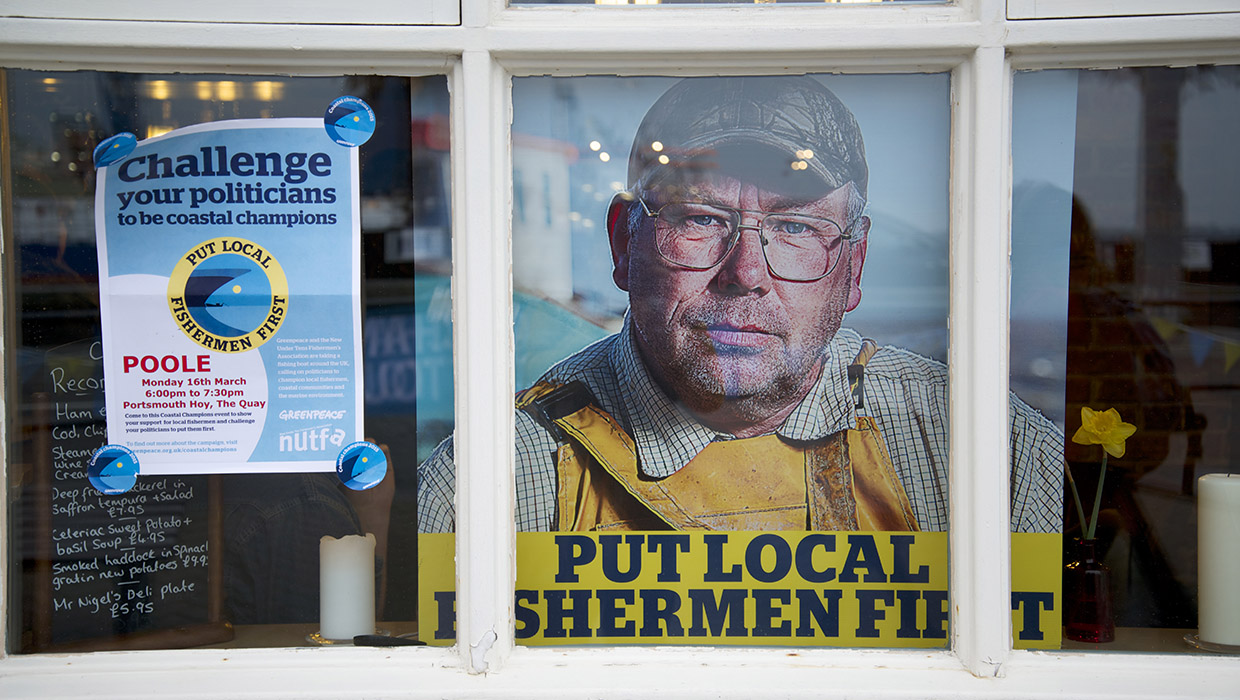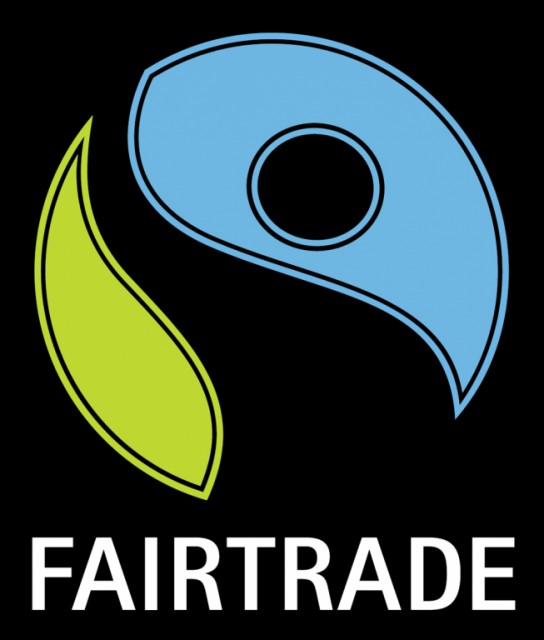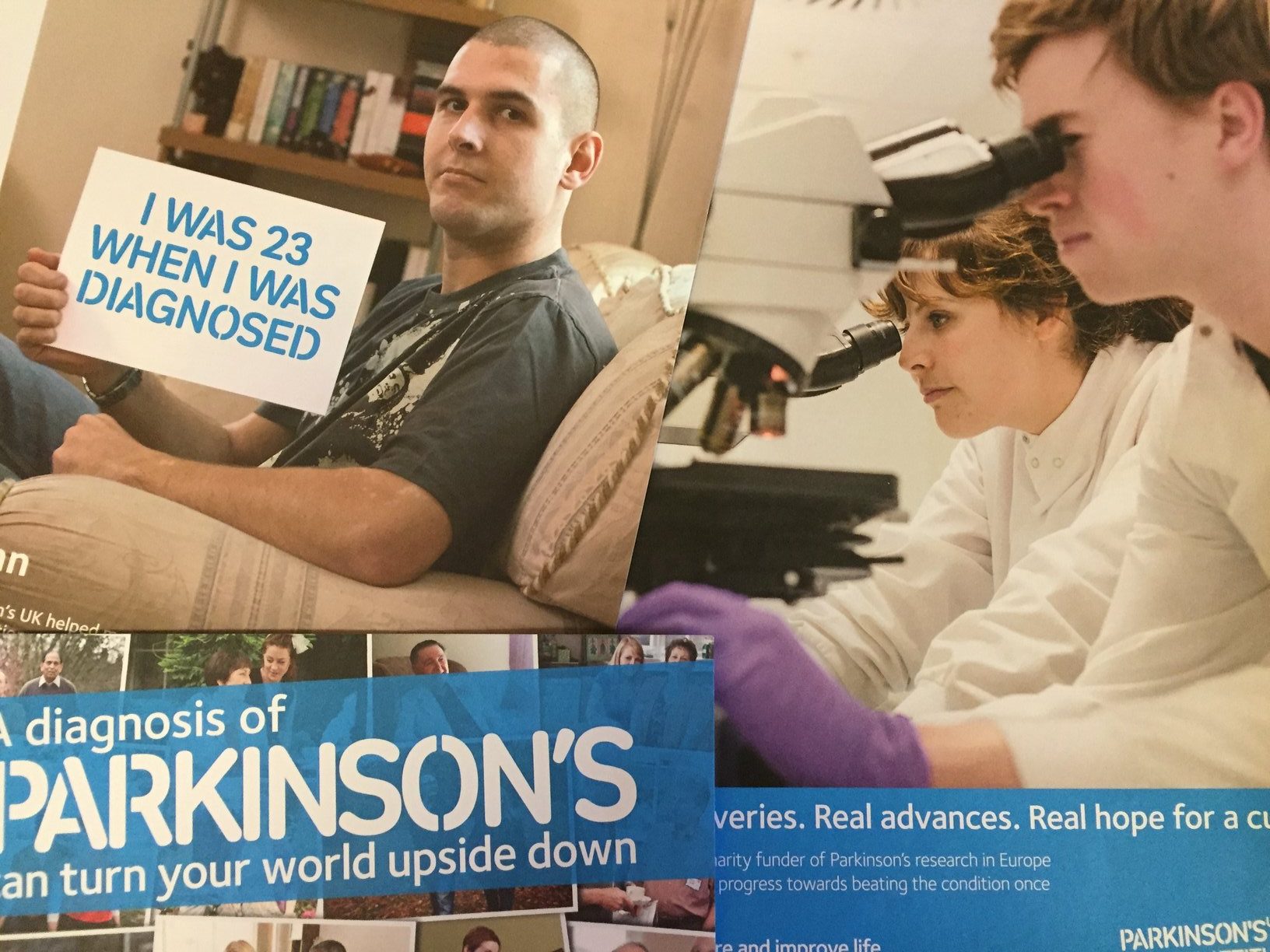Michael Bailey, a Poole fisherman with 32 years’ fishing experience, attended the Coastal Champions campaign. Held by Greenpeace and New Under Ten Fishermen Association, the campaign calls on politicians to take action for fishermen’s rights. This is the 7th town they visited from Porthleven and they are going to another 16 fishing towns before May 7, the election date.
Born in a fishermen’s family, Mr Bailey went on board with his father as early as four years old. He likes to share his fishing stories, which he always described with words “bigger boat” “much more fish” “free to catch”. Now all local fishermen’s boats are smaller than 10 meters, one big boat’s catch in 1980s were almost the same amount of all boats’ catches today.
Poole has a long fishing history. When visitors walk into Poole Museum, the first object they see is a logboat: it is the largest one ever found in southern Britain and can be dated to around 295 BC. Now, many people, including politicians attending the campaign meeting, believe Poole’s fishing industry is suffering.
According to David Young, the UKIP candidate for Poole, the European Common Fisheries policy, which has been in existence since 1974, is a “disaster”. “It’s operated very unfairly for the British fishing industry, 75% of Europe’s fishing waters are in British territorial areas. We basically gave away our fishing territory.”
Philip Eades, Liberal Democrats candidate for Poole, thought the EU is not always to blame, it is the government as well. “Our own government policies have not helped fishermen in Poole. Poole should have a strong voice in Westminster; the fishermen haven’t had a champion to go into Westminster and speak out.”
Fishermen attended the meeting all admitted that since the UK joined the European Union, the industry became increasingly bad. The European Union relies on advice from the International Council for Exploration of the Sea (ICES). ICES suggests how much quotas for each species should be available, then the EU divides out quotas to different countries depending on what allocation they originally agreed within the common fishery policy. However, most fishermen believe the division is “totally unfair”, the continent countries have more quotas because they “made up” the figure at the original allocation.
Could these politicians save the fishing industry in Poole? Although Mr Bailey thought it was “good” to hear from them, he doubted they had such ability. “They are not fishermen, how could they know about fishing industry? They don’t understand the relation between quotas and stocks.” He believed that quotas must match the stock, which is the way to save the industry.
Mr Bailey also admitted, even during the election campaign, no candidate came to talk to him. Last year, the new manager of Southern IFCA (Inshore Fisheries and Conservation Authority, in charge of fishing in Poole) came into office, but there was only one meeting. “We are totally ignored.”
It will be hard to change the quota system quickly. Interestingly, there was no Conservative candidate attending the meeting that day. “The campaign is very much about looking at the sea on one sense, and also enabling local fishermen to earn a living”, Andrew John Oliver, a Greenpeace supporter and also the Green Party candidate for Poole said.







